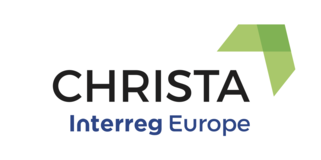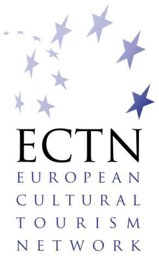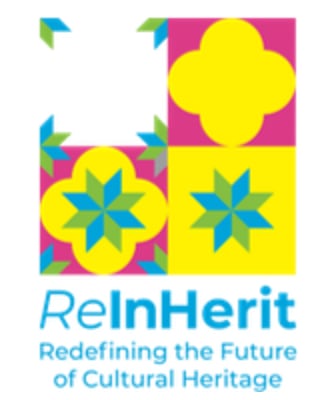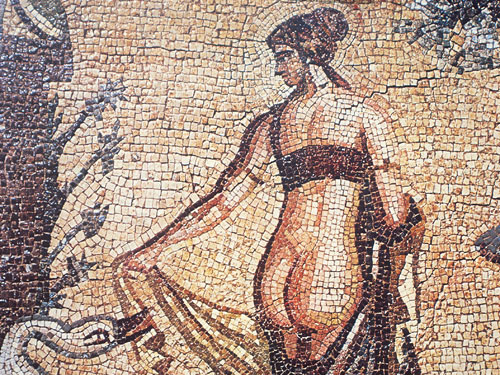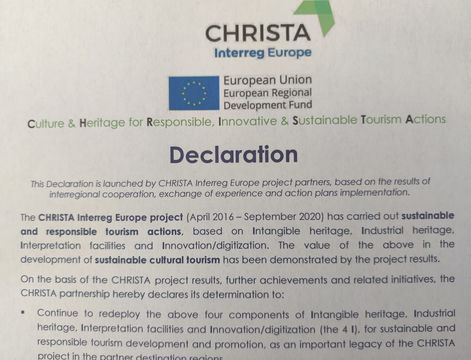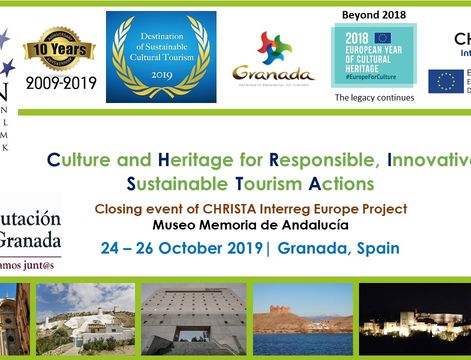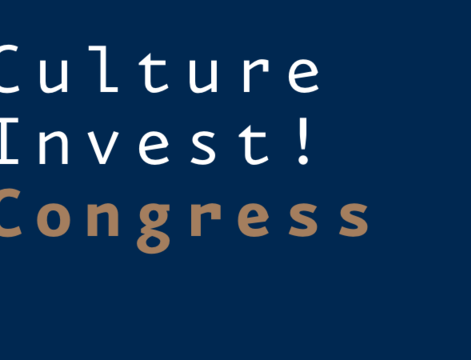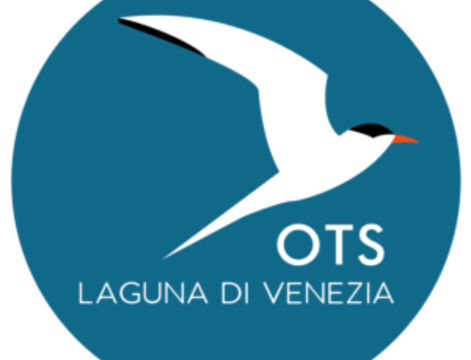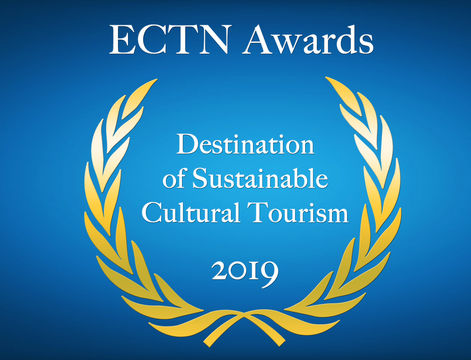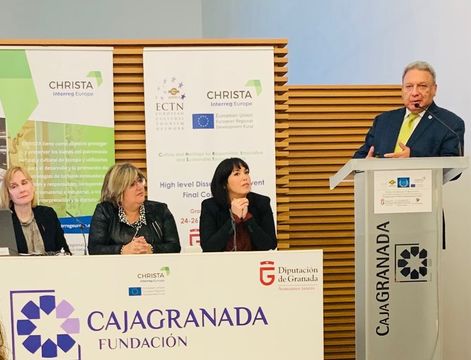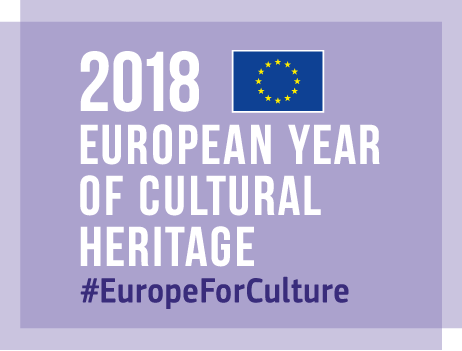CHRISTA Project was represented at the 3rd UNWTO/UNESCO World Conference on 'Tourism and Culture: for the Benefit of All', by advisory partner ECTN. This conference included sessions on 'Responsible tourism as an ally for safeguarding Intangible Cultural Heritage' and 'Ensuring cultural tourism for all through digital transformation', highly relevant to CHRISTA Project 2 out of the 4 I's (Intangible heritage and Innovation/digitisation).
The 3rd UNWTO/UNESCO World Conference on Tourism and Culture built on the outcomes of the two previous editions of this event and their respective Declarations: the 2015 Siem Reap Declaration, which recommended closer and targeted partnerships between stakeholders of culture and of tourism; and the 2017 Muscat Declaration, which committed its endorses to enhancing the contribution of tourism and culture in national SDG strategies. Both declarations make clear that we must embrace the idea of not just creating tourism and culture partnerships, but also harness their potential to positively impact communities, and improve the overall visitor experience.
The theme of the 2018 World Conference, ‘for the Benefit of All’, put forward two priorities:
1) creating more inclusive partnerships between tourism and culture stakeholders that contribute to SDG implementation; and
2) promoting tourism development that encourages cultural interaction and ensures the benefits are shared by all communities involved.
The 2018 edition concentrated on technology, visitor management models and the approaches that bring the widest possible range of benefits to both visitors and locals, while safeguarding cultural values and heritage in line with responsible tourism principles and the UNWTO Global Code of Ethics for Tourism.
The Conference addressed different approaches building capacity of culture and tourism stakeholders to preserve cultural diversity, engaging host communities, as well as the technological innovation in managing increasing visitor numbers.
The Conference further highlighted how cultural tourism can make an important contribution to the United Nations’ 2030 Sustainable Development Agenda and its 17 Sustainable Development Goals (SDGs) in terms of poverty reduction, fighting inequality and promoting inclusive growth.
A session focused on 'Responsible tourism as an ally for safeguarding Intangible Cultural Heritage'. Cultural heritage not only includes monuments and objects, but also the living culture inherited from our ancestors, such as oral traditions, music and arts, traditional craftsmanship, events and knowledge and practices concerning nature and the universe. Intangible cultural heritage (ICH) is an important factor in maintaining cultural diversity in the face of growing globalization and it can help to promote mutual respect and intercultural dialogue. This interaction can be truly transformative for both travellers and locals within tourism destinations. However, it can also question certain ethical principles that responsible tourism advocates for, especially the right of decision-making of the local communities and indigenous peoples with regards to tourism development. This session examined how through safeguarding, communities can recreate ICH through the process of intergenerational transmission so that their practices continue to respond to their environment and provide them with a sense of identity and continuity. It further looked at the contribution sustainable tourism can make to supporting the transmission of ICH to future generations, while creating products, services and experiences for visitors. The session discussed how tourism and culture stakeholders can work together to build capacity and preserve cultural diversity.
Another session focused on 'Ensuring cultural tourism for all through digital transformation ', closely related to CHRISTA theme of Innovation and digitisation in cultural tourism. Digital and technological tools have played a pivotal role in linking culture with sustainable tourism development, particularly with regards to the management, promotion and preservation of cultural heritage. 3D laser scanning methods like photogrammetry can enable heritage sites to be recorded and reprocessed in high resolution to ensure that our shared cultural history can be preserved for future generations. Technology has become crucial for modernising interpretation at cultural sites and providing innovative and educational ways to enhance the visitor experience. Innovations such as wearable technologies, virtual reality, apps and devices are creating more immersive experiences and improving visitation to cultural sites and museums. These technologies are also enabling World Heritage sites to address congestion issues by increasing length of stay and dispersal of visitors. The latest technology trends and advances in cultural tourism were discussed.
CHRISTA Project has important synergies with the above topics, as 2 out of the 4 I's.
